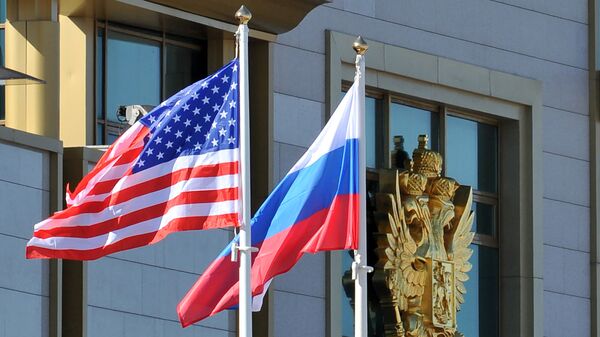The relations between Russia and the United States will be "difficult" under the Biden administration as the two nations need to have serious sustained talks around a set of nuclear challenges and threats that fall outside the New START agreement, national security adviser Jake Sullivan said on Friday.
"On Russia, you know, President Biden takes a clear eyed hard edit practical approach to this relationship. It is going to be challenging and difficult because Russia poses threats across multiple dimensions and part of our inheritance", Sullivan said.
The official emphasised that the new administration wishes to hold talks on strategic stability with Moscow, but will continue to object against "aggressive behaviour".
"We also very much need to deal with the fundamental question of strategic stability between two significant nuclear powers," Sullivan said at a virtual panel. "We will have to be able to impose costs and consequences for Russia’s aggressive behavior and threats to the United States and our allies and at the same time be able to have credible serious clear-eyed negations with them on hard strategic stability issues."
New START renewal
Russian President Vladimir Putin signed earlier on Friday the document extending the New START agreement for five years.
The deal, signed by then-Russian President Dmitry Medvedev and his US counterpart at the time, Barack Obama in 2011, obliged each side gradually to slash its nuclear arsenal. In particular, the deal is premised on the proposition that each side ultimately reduce its nuclear arsenal to total 700 missiles, 1,550 warheads and 800 launchers.
It was set to expire in February 2021 and was in danger of not being renewed as the previous administration rejected the deal and wanted a new one. The Trump administration emphasised the need to include China in the arms control negotiations so as a new trilateral nuclear deal can be reached. China has repeatedly rejected the idea.
However, the Biden administration agreed to prolong it without preconditions and negotiated its extension earlier this week.




